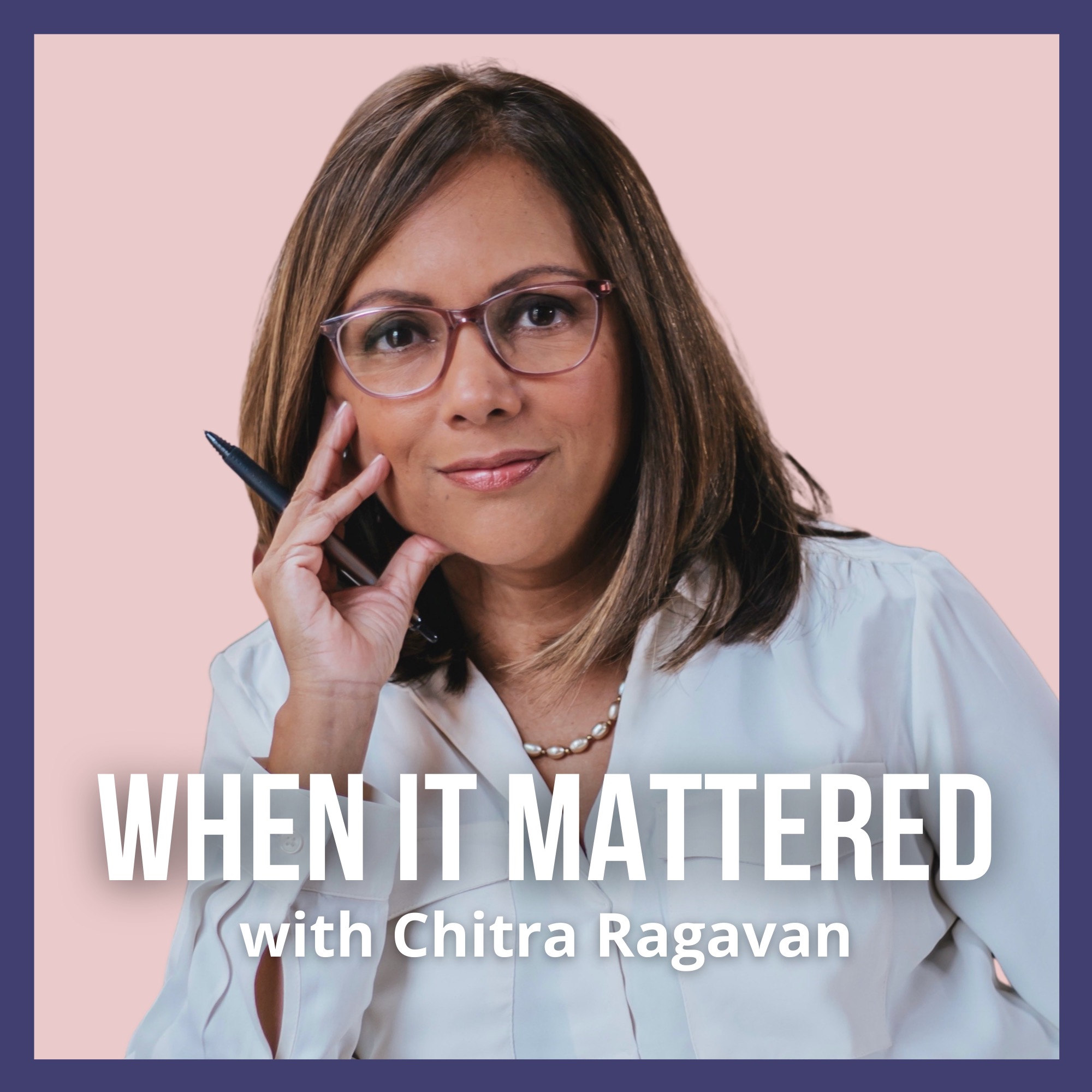Binyamin Appelbaum

Ep. 32 — An economics reporter is jolted by the 2016 Presidential race and rethinks all his assumptions about the American economy and electorate / Binyamin Appelbaum, Author, The Economist’s Hour. Binyamin Appelbaum had been reporting and writing about economics for more than a decade when Donald Trump won the 2016 Presidential race. The shocking outcome led Appelbaum to realize that he must go back to the drawing board, to Macroeconomics 101, in order to understand what had just happened. What resulted is his terrific book, "The Economists' Hour: False Prophets, Free Markets, and the Fracture of Society." The Economists' Hour refers to the 40-year period from 1969 to 2008 when a cadré of economists rose from obscurity to household names, shaping government policy and shifting the government's role from actively shaping the economy to allowing the market to largely do so. Appelbaum concludes that those economists were in essence, "False Prophets.” “They sold their ideas by representing that if we embrace this approach to public policy, the economy would grow more quickly, all boats would be lifted up, prosperity would be broad and well distributed, and even that democracy would benefit,” says Appelbaum. “And I think in all three of those respects, this change in policy making failed to deliver. Growth has slowed, inequality has increased, and our democracy is in worse shape than ever.” Now a New York Times editorial board member, Appelbaum offers an eye-popping primer on the economic forces that are shaping the 2020 Presidential elections. This is a terrific conversation that offers timely context for President Trump’s proposed $4.8 trillion budget that comes with huge safety-net cuts. Appelbaum’s sweeping history of America’s macro-economic policies in The Economist’s Hour is a must-read for every voter who plans to cast his or her ballot in the 2020 Presidential race. I know I came away feeling much smarter after reading Appelbaum’s book and having had this deep discussion with him and I can better understand the economic and social consequences of how I cast my ballot this November. And I hope so will you. Tanscript Download the PDF Ragavan: Binyamin Appelbaum had been writng about economics with considerable success for more than a decade. When Donald Trump was elected President in November 2016. The shocking victory jolted Appelbaum into a humbling realization. Hello everyone. I'm Chitra Ragavan and this is When It Mattered. This episode is brought to you by Goodstory, an advisory firm helping technology start ups find their narrative. After Trump's election in 2016, Appelbaum knew he had to go back to the drawing board and reconnect the dots in his understanding and the public's understanding of the macroeconomic factors that got Trump elected President. What resulted is his terrific book, The Economists' Hour: False Prophets, Free Markets, and the Fracture of Society. Ragavan: Joining me now to share what he discovered and the factors that could swing the 2020 Presidential race is Binyamin Appelbaum. He is the lead writer on business and economics for the New York Times editorial board. Before joining the editorial board, Appelbaum was a Washington correspondent for the Times, covering economic policy in the aftermath of the 2008 financial crisis. Appelbaum also worked for the Charlotte Observer where his reporting on the subprime lending crisis won a George Polk Award and was a finalist for the Pulitzer prize. Binyamin, welcome to the podcast. Appelbaum: Thank you for having me. Ragavan: Were you one of those geeky kids? A wiz at math and head buried in books? Where did you grow up and what were you like? Appelbaum: I grew up outside of Boston and yeah. My father is a professor. My mother is a historian. It was very much a family where books were very important. There was a shelf in my living room where my parents' books were read and shelves throughou...